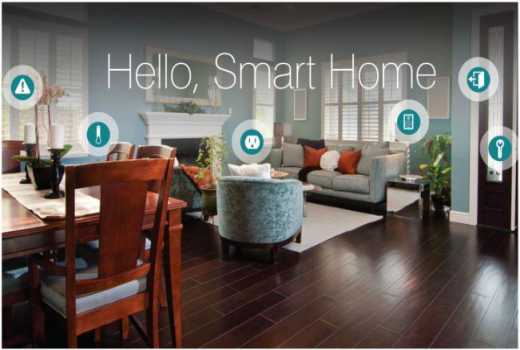×
The Standard e-Paper
Join Thousands Daily

Imagine this. You have travelled but want to make your house look occupied. One of the easiest ways to do this at night is switching lights on or off, so you either preset the function at regular intervals or do so remotely real time. Or you are on the way home from work in the evening and you want to preheat the oven so you can get right into cooking when you get there.